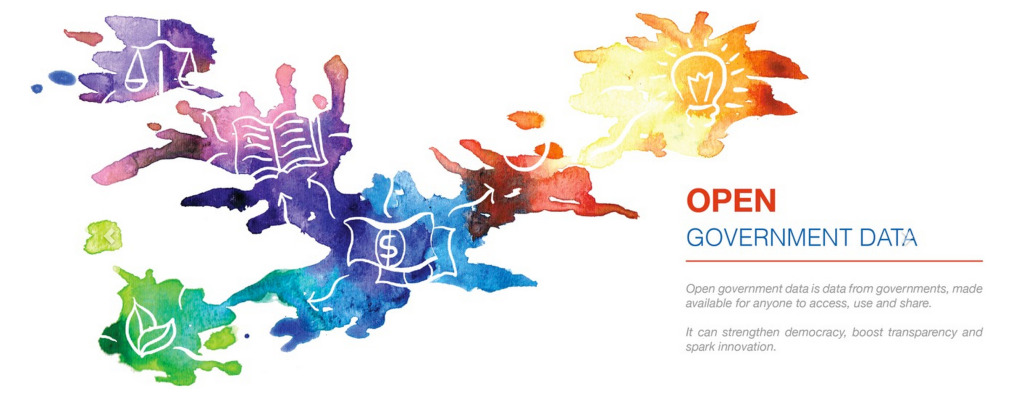
Original post from the World Wide Web Foundation:
The second edition of our Open Data Barometer, released today, shows that hard work lies ahead if Open Government Data (OGD) is to live up to its full potential and deliver truly transformative impacts. Governments worldwide have acknowledged the potential of OGD to reduce corruption, increase transparency, and improve government services, yet over 90% of the 86 countries surveyed in this edition of the Barometer do not publish key datasets in open formats. Despite pledges by the G7 countries to boost transparency by making government data “open by default”, almost half of the G7 countries are still not publishing the key datasets they promised to release in 2013, while fewer than 8% of the countries surveyed worldwide publish datasets on government budgets and spending, public sector contracts, and company ownership in open formats and under open licenses.
The 2014-15 edition of the Open Data Barometer examines open data readiness, implementation, and impact across 86 countries, and provides a country ranking based on scores in each of these three categories. The findings from the newly released report point to a growing divide between those countries able to establish and sustain open data programmes, and those countries where open data activities have stalled, moved backwards or not yet begun. The UK once again earned the top spot in the Barometer’s global rankings this year, followed by the US, Sweden, France and New Zealand. Among developing nations, Indonesia, Nigeria and Brazil all were praised for strong progress.
Commenting on the report’s findings, Sir Tim Berners-Lee, Web inventor and founder of the Web Foundation, noted that “governments continue to shy away from publishing the very data that can be used to enhance accountability and trust” and highlighted the power of open data “to put power in the hands of citizens”.
As data becomes ever more important in shaping policy debates, the importance of citizens having effective access to data grows; yet without dedicated efforts, the unfolding “data revolution” risks leaving many behind. In order to increase the availability of OGD and amplify the power of citizens to use this data effectively, the report highlights certain factors common among successful open data initiatives:
- High-level political commitment. Implementing the requirement to disclose and regularly update OGD in law or policy as part of a wider right to information ensures that data is available, open and accurate. At the same time, governments must work to ensure that strong privacy protections are in place and respected.
- Consistent and sustained support for both national and city-level open data programmes. This support must be sustained beyond initial open data efforts.
- Enhance the ability of government, civil society and entrepreneurs to understand and use data effectively. Resources dedicated to building the capacity of data users both inside and outside the government is critical to maintaining a supply-demand data balance and an increase in this understanding and ability can be accomplished through trainings and adapting open data tools to local needs.
Read the full report and explore the full set of data and visualisations at opendatabarometer.org.
Leave a Reply